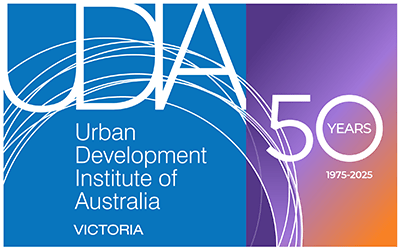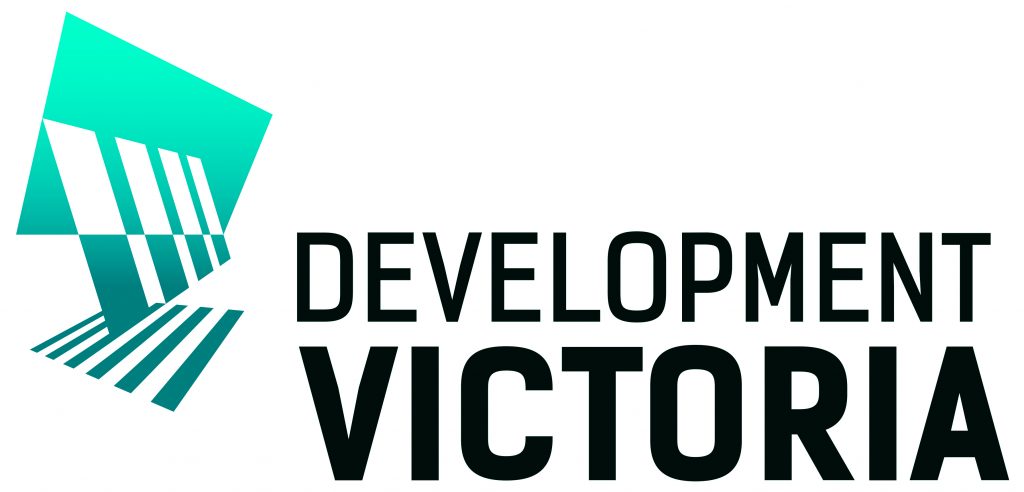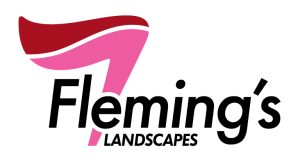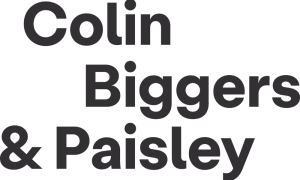UDIA Victoria Affordable Housing Award
Projects entered into this category must demonstrate initial affordability of the product, as well as incorporating ‘whole of life’ sustainable elements
Our Sponsor
UDIA Victoria Affordable Housing Award Proudly Partnered by
Overview
This award recognises a developer for excellence in a residential development that demonstrates initial affordability of the product, as well as incorporating ‘whole of life’ sustainable elements that provide for long term affordability: ongoing running costs; marketability; and sustainability to respond to changing housing needs.
The project should incorporate design elements that make a positive contribution to housing affordability whether for owners or rental. Demonstrating inclusiveness, the extent to which the project accommodates an appropriate mix of households and seeks to provide all residents with the opportunities to participate actively in community life.
Important Information
- The winner of this award may have the opportunity to represent Victoria in the UDIA National Awards.
- Organisation must maintain a financial UDIA Victoria membership throughout the nomination process, judging, and the Awards for Excellence Ceremony
- It is required that your project must be substantially developed by the time of judging or at least a component or stage of the project is substantially developed.
- If you have a residential component to your project, the judging panel will need to be given access to the interior of at least one dwelling.
TO COMPLETE YOUR SUBMISSION IN THIS CATEGORY, YOU MUST ADDRESS THE FOLLOWING:
PART 1: Project Information
- Key project information
- Please provide a summary (max 100 words) highlighting the key features of the development with reference to the award category criteria. This summary may be used as the citation at the Awards Ceremony
PART 2: Supporting Materials
- Project plans and maps
- Press Releases and publicity requirements
- 10 images of the project
- Up to 10 Project Consultants
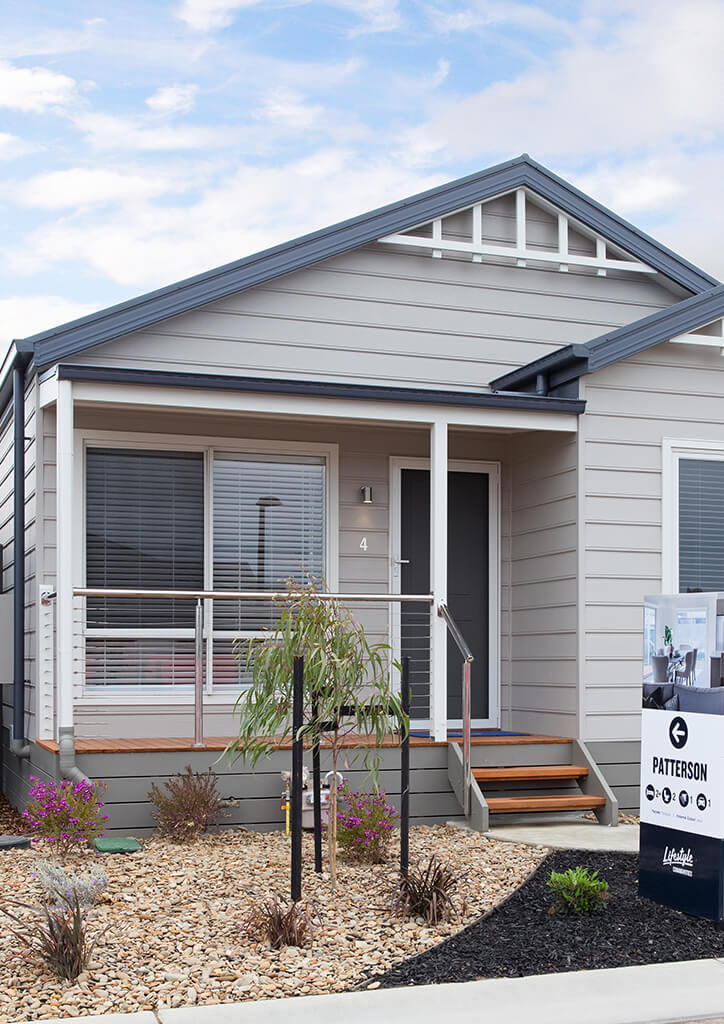
PART 2: Category Criteria
- Each award category features its own mix of the criteria along with their explanations which can be found below.
| Affordability | 40% |
| Planning and Integration | 20% |
| Innovation | 20% |
| Built Form and Architecture | 20% |
